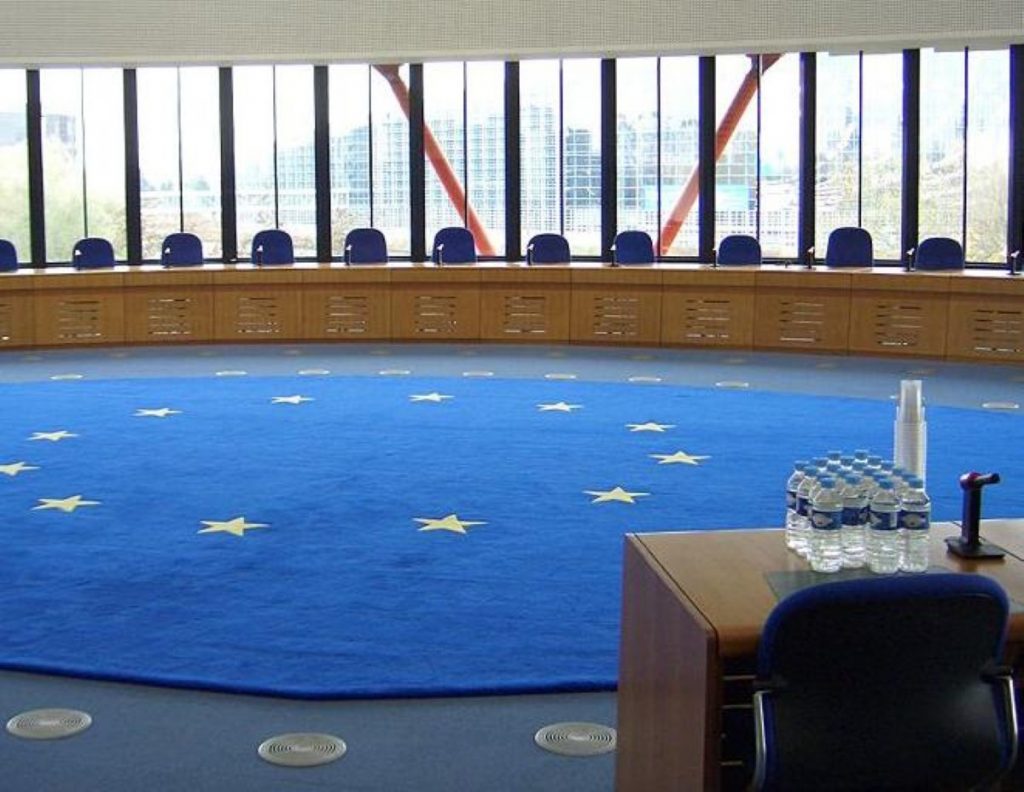UK pushing Europe to get human rights powers back
By Alex Stevenson Follow @alex__stevenson
Britain is moving to drastically water down the powers of the European court of human rights, a leaked document shows.
The draft 'Brighton declaration', distributed to the 46 signatories to the European Convention on Human Rights, contains a series of measures which seek to hand back more powers to national governments.
Britain will use its six-month presidency of the European Council to push for the reform, which must meet with unanimous approval to become reality. Europe's human rights laws will be discussed at a special summit taking place in April in Brighton.


Under the proposed changes fewer cases would come before the court, as those "identical in substance to a claim that has been considered by a national court" would no longer be eligible – unless the national court had failed to interpret the convention correctly.
The reformed court would instead employ more judges to deal with its huge backlog of cases and permit them to offer advisory opinions only.
Appeals to the European court of human rights would have to be submitted in as little as two months, significantly less than the six months currently permitted.
And the principle of subsidiarity, which seeks to ensure decisions are made at the most local level of government possible, would be applied more forcefully.
"National authorities are in principle best placed to apply the convention rights in the national context," the draft document was quoted as stating.
"The role of the [court] is to review decisions taken by national authorities to ensure that they are within the margin of appreciation."
Conservative ministers are intensely frustrated with the European court of human rights' hold over key areas of British policy.
The court has insisted that Britain allow prisoners to vote, despite the overwhelming opposition of the Commons, and has blocked the deportation of radical cleric Abu Qatada.












